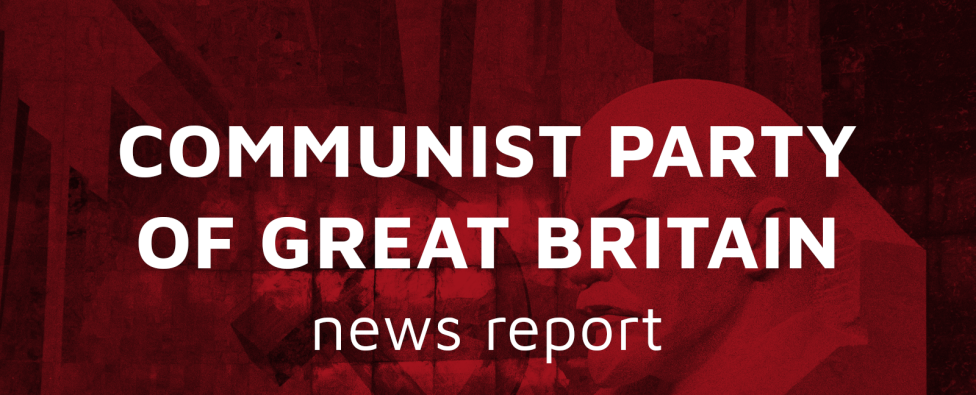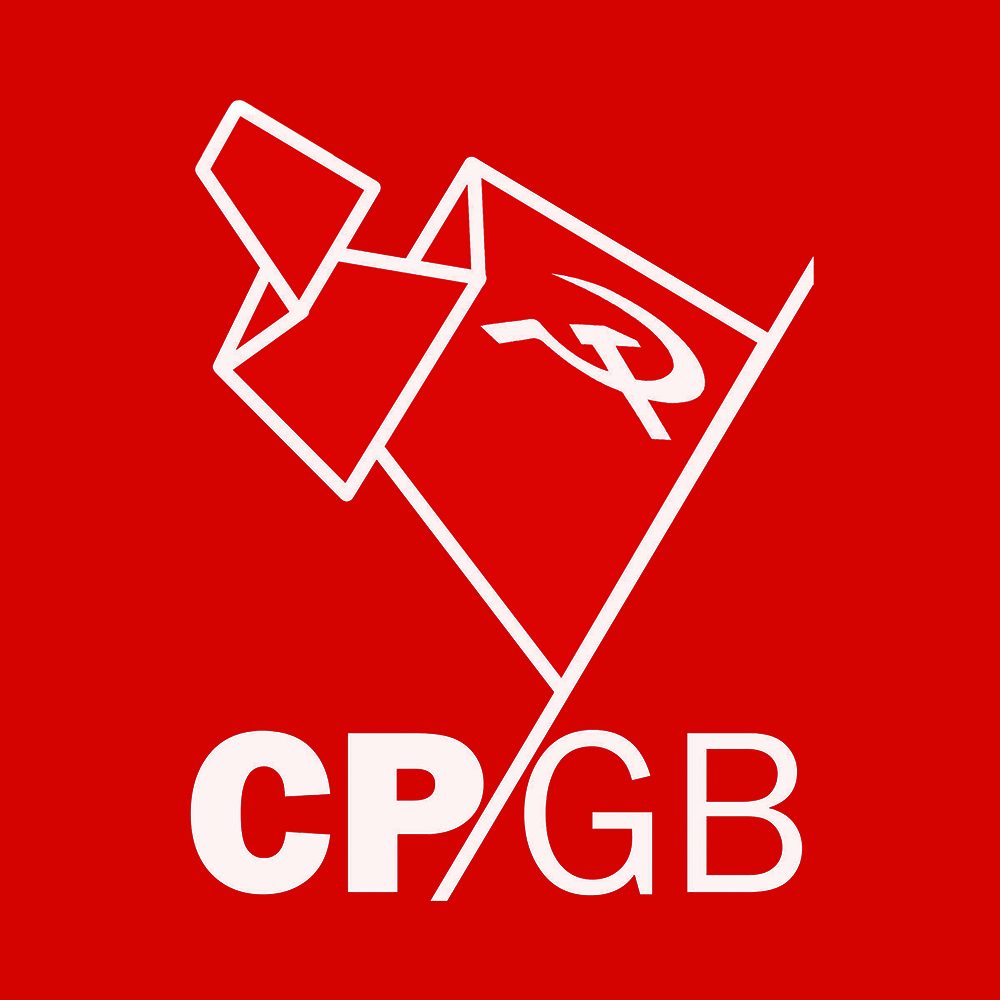
Report on the changing situation in the Labour Party as well as debate and voting on proposed tweaks to the CPGB’s Draft Programme. This report was originally published in WW1373, which can be found here
Amending our programme
At the November 21 aggregate we discussed amendments to the ‘Women’ section in the CPGB’s Draft programme.
But the meeting began with James Harvey of the Provisional Central Committee opening the discussion on Labour and the left by reviewing the history and nature of Corbynism. Arguing that this moment had now clearly passed, comrade Harvey set the failure of the Jeremy Corbyn leadership and its complicity in the witch-hunt in the wider context of the historical role of the Labour left.
He argued that its central strategic focus on the election of a Labour government as the route to socialism meant that it was organically bound to the pro-capitalist right. Since this ‘strategy’ was predicated on party ‘unity’, the left was structurally incapable of breaking with the Labour right – as the disastrous compromises and retreats of the Corbyn period had shown. Comrade Harvey went on to outline the current demoralisation and disintegration of the Labour left and the confused debate now taking place about its future direction.
In particular he addressed the issue of whether Marxists should continue to have a strategic orientation towards the Labour Party and what form this should take. He concluded by suggesting that any new initiatives and left unity projects, such as the proposed merger of Labour Against the Witchhunt and the Labour In Exile Network, would simply prove to be a repetition of previous such projects and their ‘lowest common denominator’ politics.
In the subsequent discussion Stan Keable of Labour Party Marxists argued that the left still existed within Labour and that the fight was far from over: historical experience had shown that the class struggle could be reflected in the growth of left currents amongst party activists in the future. Comrade Keable stressed that the difference between the current period and the past was the absence of a Communist Party that could act to cohere the Labour left, as had been the case in the 1960s and 70s, albeit with the ‘official’ CPGB’s reformist British road to socialism strategy.
Mike Macnair agreed that the central issue was the reforging of a Communist Party and rejecting the top-down, managerial politics and electoralism that characterises the Labour left. Although the collapse of Labour in Scotland might be the harbinger of a similar ‘Pasokification’ in England and Wales, it still remains a bourgeois workers’ party and so continues to be a key issue for Marxists seeking to build a genuine revolutionary party on a principled programme. However, we should also engage with currents outside of Labour in our continuing campaign for such a party.
Other comrades, in their contributions, looked at what the past six years or so had shown about the character of the Labour left. Yassamine Mather agreed with comrade Macnair about the future direction of these currents. She also talked about some of the ‘populist’ elements in Corbynism and the response of Corbyn and John McDonnell to the witch-hunt. Their apologies and concessions in the face of the campaign to smear anti-Zionists as anti-Semites were an inevitable consequence of the very limited politics of the official left.
Jack Conrad considered the atomised, bubble-like nature of the contemporary Labour left and the political limitations of its ‘Corbynism without Corbyn’ project. The idea that the 150,000 or so members who had left since 2019 could be simply hoovered up by this type of politics was illusory. Whilst Labour was not a vehicle for socialism and the question of a Communist Party remains central, the party left could have gone much further in challenging the right, when it had the chance.
Focusing on proposals to merge LIEN and LAW, he suggested that arguments based on ‘unity is strength’ posed the question, ‘unity on what basis and with what aim?’ LAW was a worthwhile project with a clear aim of defending the left during the witch-hunt, comrade Conrad argued. However, a merger to form a new socialist group would blur that focus and weaken that fight. It would only produce yet more disillusion and unprincipled politics.
Responding to the discussion, comrade Harvey agreed about the importance of the Communist Party, both historically and in the future: it was a pole of attraction and a galvanising force to build an authentic and militant left current in the Labour Party. Thus, he concluded, reforging such a party remains our central objective and so provides a clear framework for our immediate political work in LAW and amongst other currents on the left.
Programme
The second session dealt with proposed changes to the ‘Women’ section of the CPGB’s Draft programme (3.13). Moving a series of amendments on behalf of the PCC, Jack Conrad reminded the meeting that, despite the official ideology of feminism and the changing political and social roles of women over the last 50 years, women are still oppressed – in the home, at work and in society more generally.
The nuclear family remains the unit of producing children and consumption under capitalism. Our perspective is that the minimum demands of our programme represent the maximum we expect to gain under capitalism, when the system would be stretched to breaking point. In developing his arguments around demands on maternity payments, parental and carer leave, and statutory restrictions on working hours for nursing mothers, comrade Conrad said that we are not drafting legislation. While particular situations would require more detailed elaboration, our immediate demands should not obscure our main aim of challenging the logic of capitalism.
A key theme in Jack Conrad’s approach was the political economy of the working class versus the political economy of the bourgeoisie. Marxists argue that the working class is not simply a collection of individuals selling their labour-power on the market as free agents, as bourgeois ideology claims. The reality of capitalism is that the equality between the seller of labour-power and the buyer of labour-power is illusory. In fighting against this unequal relationship, the working class needs to organise collectively to limit exploitation, such as the historic gains of the 10-hour day movement hailed by Marx in the 19th century. Therefore, we support legal limits on the ability of capitalists to exploit women who are pregnant, have just given birth or who are breast feeding. We do not stand for mere ‘equal rights’.
Comrades Ollie Hughes and Sarah Stewart also moved a number of amendments. Comrade Hughes argued that it was important to encourage a balance of male and female workers in socialised facilities covering domestic labour and childcare. He also proposed an agreed flexible division between parents in paid leave for childcare; demands for paid leave for parents and carers to look after sick children; and the deletion of the proposed maximum six-hour day for nursing mothers.
In her contribution comrade Stewart began by discussing how child-rearing and the woman question were still inextricably linked in contemporary society. Under capitalism domestic labour, childcare and child-rearing in the home are directly linked to women’s double oppression and cannot be separated in our demands. The idea of encouraging equal male/female participation in domestic and childcare work was not about quotas, but was a way of overcoming the alienation and drudgery that these activities entailed, as well as ending their identification as ‘women’s work’. The proposed amendments on the flexible division of ante- and post-natal paid leave reflected the current experience of many women and so should also be reflected in our demands.
Comrade Stewart also drew on her experience at work, when she argued that the enforcement of a six-hour day for nursing mothers could be detrimental to the careers and promotion prospects of working women, and only add to existing patterns of discrimination in the workplace. Ollie Hughes said the amendments to the language of carers reflected changing social patterns and family structures. The changes to the demands on paid leave for pregnancy and parental leave for child-rearing were designed to separate these functions and so challenge the widely held view in society that childcare remains primarily the province of women. Likewise, he questioned whether the demand for the six-hour day for nursing mothers was a progressive demand that posed the ultimate equality of the sexes. It places responsibility for the care of infants on the mother and is framed paternalistically, he said.
Other comrades followed up on these points in the discussion. Mike Macnair thought that arguments that the limitation of working hours for nursing mothers would result in increased discrimination were just like those arguments advanced historically against any restriction on working hours. He also thought that inclusive language about carers obscured the issue: in reality it remained the case that the majority of carers were women.
Drawing on the historical experience of the women’s question in the Soviet Union, Anne McShane argued that the programme should agitate for the emancipation of women in political, social and cultural life. The socialisation of childcare and domestic work were seen as important steps in this process, which would bring about equality between men and women. She defended the six-hour day formulation as part of our demands to combat the ‘long hours’ culture and so give the working class more time to participate in society
Other interventions by comrades Conrad, Macnair, Stewart and Hughes developed the broad arguments on collective action to limit exploitation and the ‘individual choice’ ideology of bourgeois society, along with discussing specific aspects of current legislation and social experience and the impact of the demands for the amendment of current legislation.
The various amendments were voted on and the text below was approved by the meeting.
Note: The agreed text as well as a copy of the old text is available on our Theses & Resolutions page. The online edition of the Draft Programme has been updated to reflect the agreed amendments
